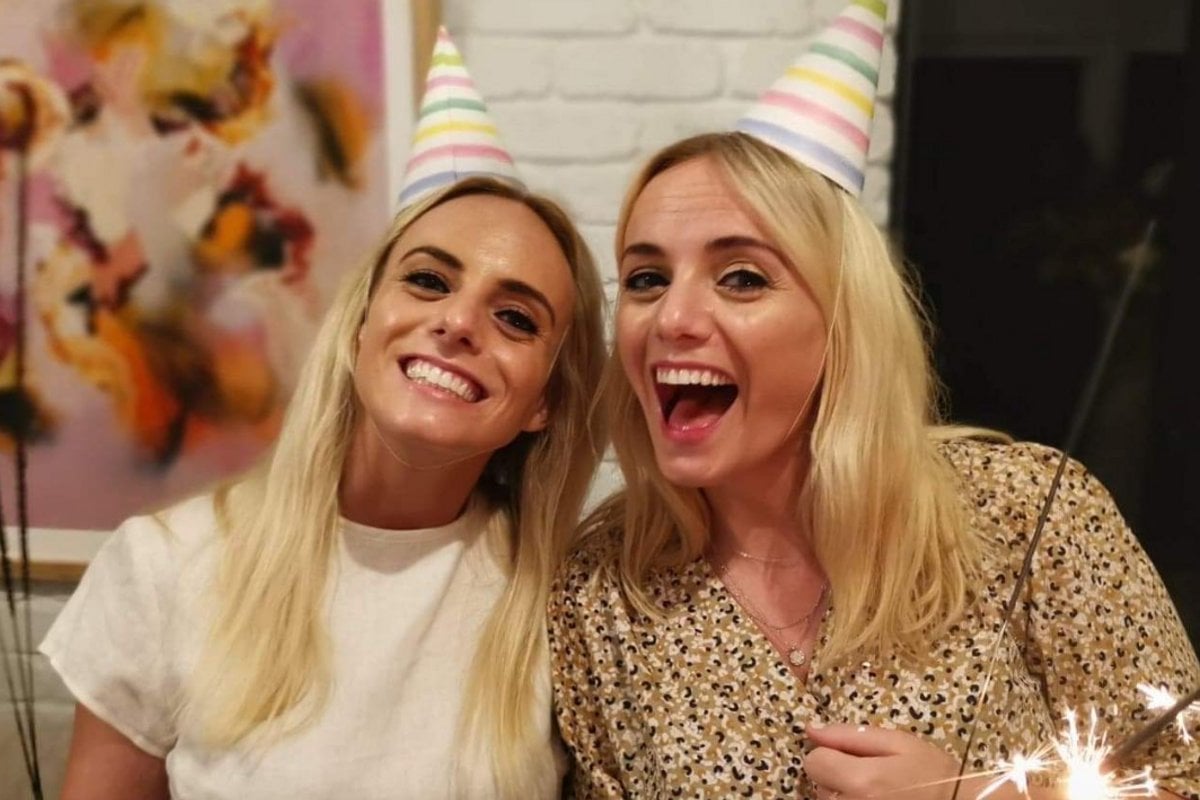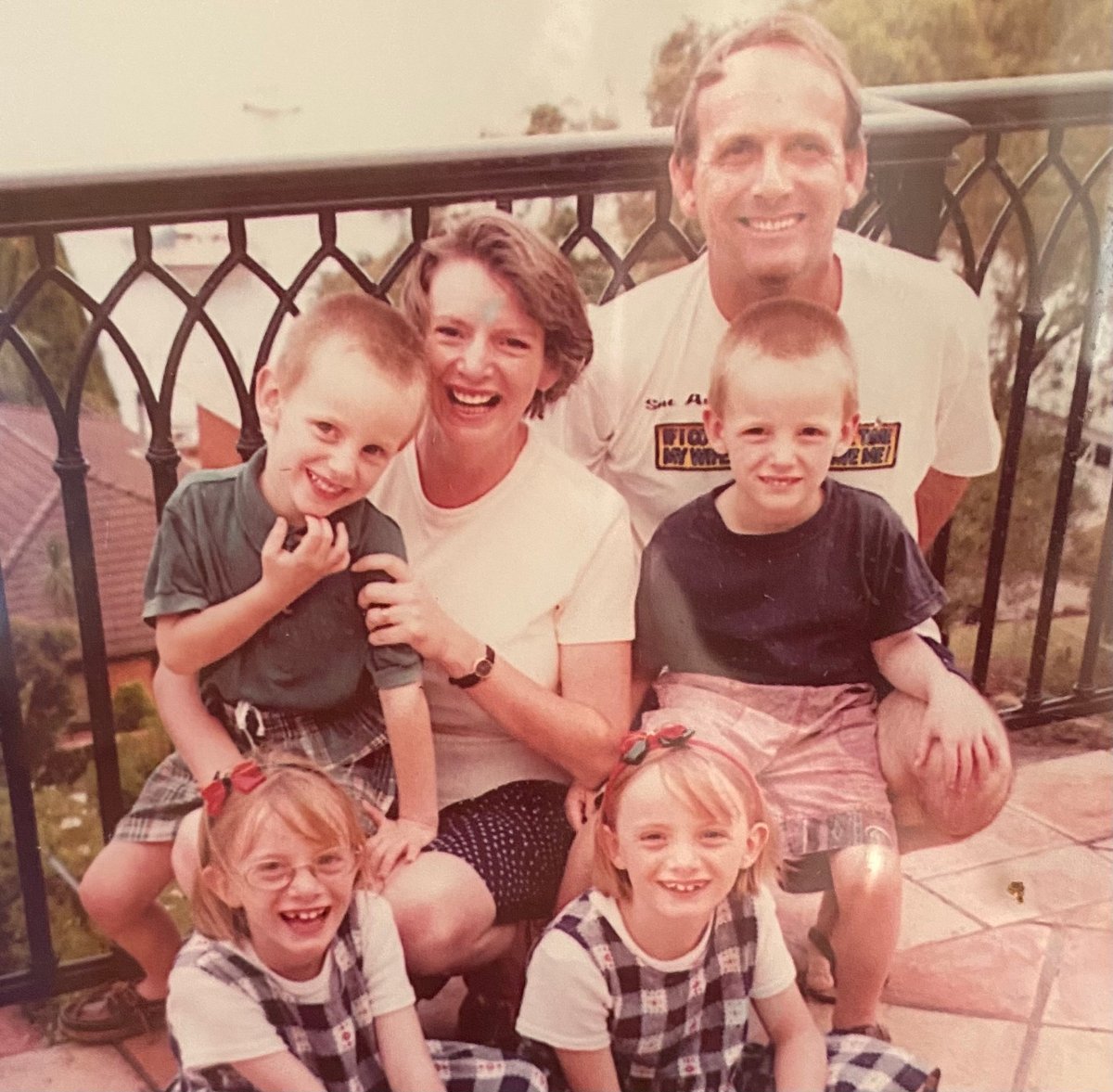
I remember the first time I felt it. A weird, uncomfortable, messy feeling that was like a mixture between jealousy, embarrassment and anger.
I’m in Year 5 and while the class is working quietly, our teacher discretely asks my sister and me to come to her desk.
She has something she wants to discuss with us – two orthodontically challenged 11-year-olds with awkward haircuts and uniforms that don’t quite fit – because she thinks we might be interested.
She’s decided to start a gifted and talented group, and would like us to be a part of it. As we smile and nod enthusiastically, with the kind of butterflies in our bellies that come only from feeling very noticed and particularly impressive, I cast my gaze down at a piece of paper sitting in front of her.
In her notoriously messy handwriting, she’s written down a few names for the gifted and talented group, some with question marks beside them, some crossed out.
On one line, she’s written: Jessie and Clare. Esp. Jessie.
It takes me a moment to work out what ‘esp’ stands for. Even once it’s registered, I try to second-guess myself. I don’t want it to mean what I think it means because that makes me feel funny.
 Our family being weirdly... twin-ny. Image: Supplied.
Our family being weirdly... twin-ny. Image: Supplied.
Top Comments